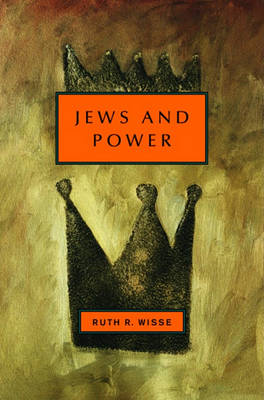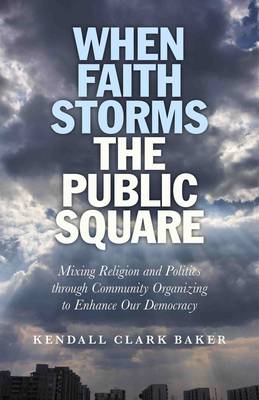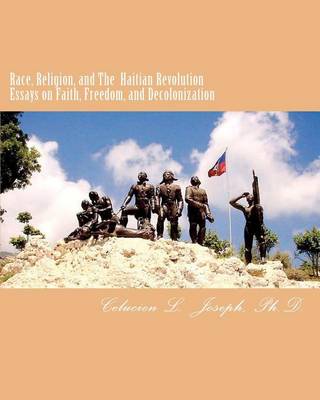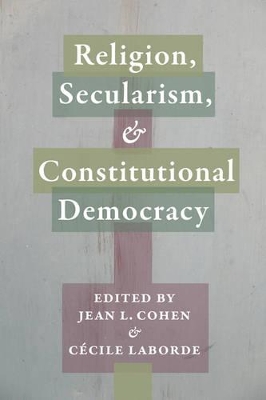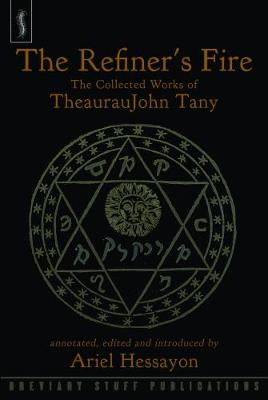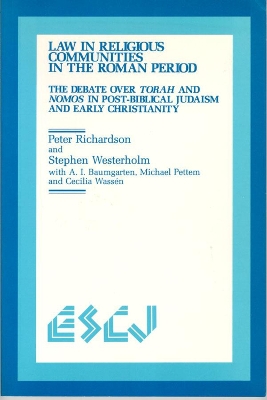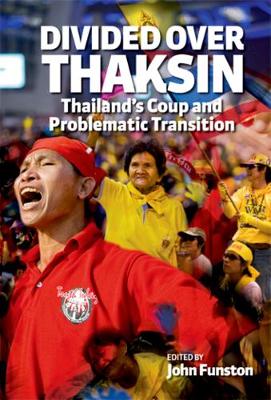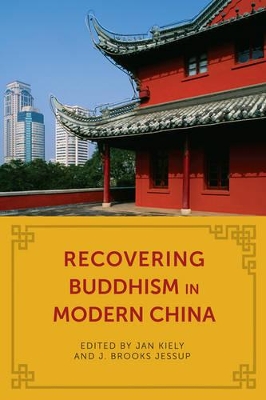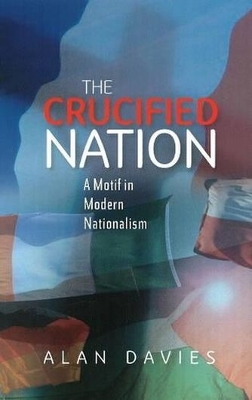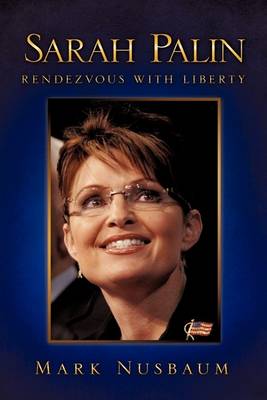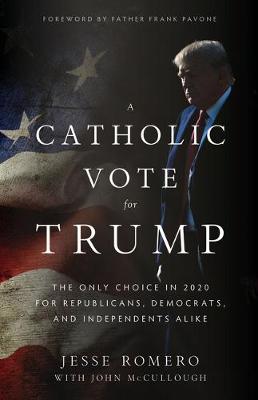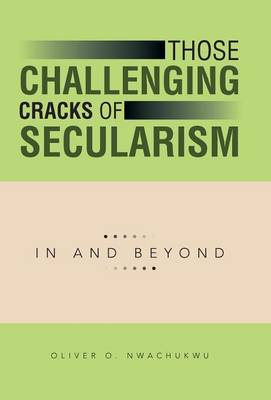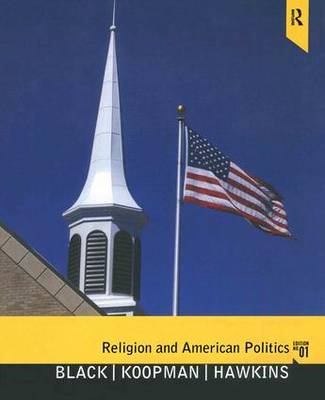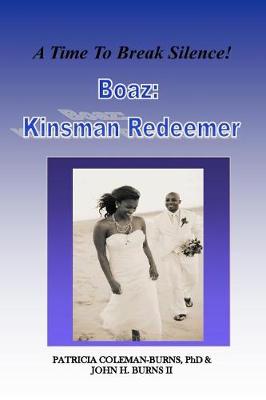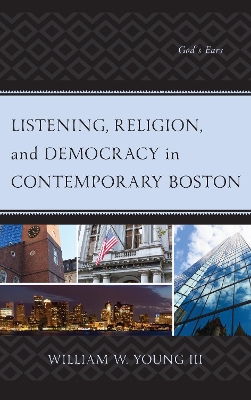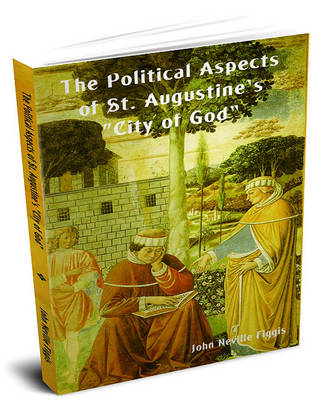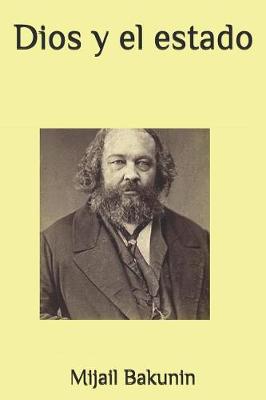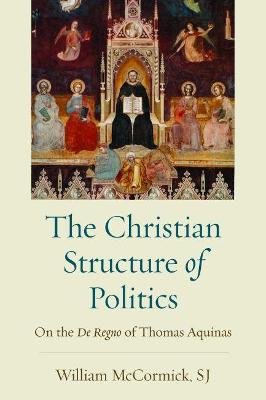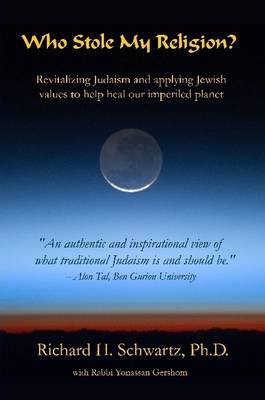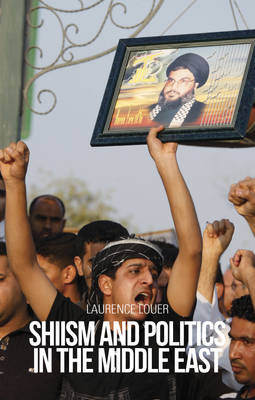Part of the Jewish Encounter series Taking in everything from the Kingdom of David to the Oslo Accords, Ruth Wisse offers a radical new way to think about the Jewish relationship to power. Traditional Jews believed that upholding the covenant with God constituted a treaty with the most powerful force in the universe; this later transformed itself into a belief that, unburdened by a military, Jews could pursue their religious mission on a purely moral plain. Wisse, an eminent professor of compar...
To some, the notion of mixing religious groups and community organizing may seem a pleasing prospect, an idea long overdue. To others, it may be anathema. Like it or not, however, this blending is a reality that has been forged in streets and meeting halls day by day, from the very beginnings of our country to the present-day touchstones of President Barack Obama. How do we make sense of American society's mix of religion and politics? When Faith Storms the Public Square answers that question b...
Religion, Secularism, and Constitutional Democracy (Religion, Culture, and Public Life, #20)
Polarization between political religionists and militant secularists on both sides of the Atlantic is on the rise. Critically engaging with traditional secularism and religious accommodationism, this collection introduces a constitutional secularism that robustly meets contemporary challenges. It identifies which connections between religion and the state are compatible with the liberal, republican, and democratic principles of constitutional democracy and assesses the success of their implement...
Law in Religious Communities in the Roman Period
by Peter Richardson, Stephen Westerholm, Albert I. Baumgarten, Michael Pettem, and Cecilia WassA (c)n
The role and function of law in religious communities in the Roman period - especially in Judaism - has been a key issue among scholars in recent years. This thought-provoking work is the first full-scale attempt to write a historical assessment of the scholarly debate concerning this question, focussing on two closely related religious communities, Judaism and Christianity. By juxtaposing the two religions, a clearer understanding of the developments with respect to torah and nomos in Judaism...
Recovering Buddhism in Modern China (The Sheng Yen Series in Chinese Buddhist Studies)
Modern Chinese history told from a Buddhist perspective restores the vibrant, creative role of religion in postimperial China. It shows how urban Buddhist elites jockeyed for cultural dominance in the early Republican era, how Buddhist intellectuals reckoned with science, and how Buddhist media contributed to modern print cultures. It recognizes the political importance of sacred Buddhist relics and the complex processes through which Buddhists both participated in and experienced religious supp...
This book examines the nexus between religion and politics, considered in one of its most controversial aspects. The starting point is the 2001 attack on the United States, which a Canadian commentator ingeniously described as the 'passion of America'. This designation suggested an interesting inquiry into other so-called national passions: the notion of the Christ-nation crucified by evil powers because of its higher virtue. . . . This motif is explored by analysing five modern nationalisms tha...
Religion and American Politics
by Amy E. Black, Douglas L. Koopman, and Larycia A. Hawkins
Debuting it its first edition, Religion and American Politics incorporates both original content from leading scholars and excerpts from classic and contemporary writings that will help you explore connections between religion and political culture, movements, institutions, and actors. Its collection of readings offer a broad and diverse overview of central debates about religion's influence on American political history, political life, governing institutions, and public policy.
Listening, Religion, and Democracy in Contemporary Boston (Ethnographies of Religion)
by William W., III Young
This book is a study of religious practices of listening in the Boston area. Through ethnographic study of a variety of religious communities, with an extensive focus on Quaker listening, it argues that religious practice shapes our habits of listening by creating a plurality of regimes of listening across Boston's landscape. These practices, moreover, cultivate specific dispositions, as well as distinct patterns of religious and democratic virtues. Through these dispositions and virtues, religi...
The Political Aspects of St. Augustine's "City of God"
by John Neville Figgis
The Christian Structure of Politics, the first full-length monograph on Thomas Aquinas's De Regno in decades, offers an authoritative interpretation of De Regno as a contribution to our understanding of Aquinas's politics, particularly on the relationship between Church and State. William McCormick argues that Aquinas takes up a via media between Augustine and Aristotle in De Regno, invoking human nature to ground politics as rational, but also Christian principles to limit politics because of b...
In the five decades since Richard Schwartz first became a religious Jew, he has watched the mainstream Jewish community shift more and more to the Right, often abandoning the very values that originally attracted him to Orthodox Judaism. In this soul-searching book, Schwartz examines the ways in which he believes his religion has been "stolen" by partisan politics, and offers practical suggestions for how to get Judaism back on track as a faith based on peace and compassion. Tackling such divers...
Shi'ism and Politics in the Middle East (Columbia/Hurst) (Comparative Politics and International Studies)
by Laurence Louer
Laurence Louer's timely study immediately precedes the outbreak of unrest in Bahrain that triggered the escalation of the so-called Arab Spring of 2011. In addition to issues relating to the role of Shiite Islamist movements in regional politics, she provides context for the Bahraini conflict and Shiism's wider implications as a political force in the Arab Middle East. Louer's study depicts Bahrain's troubles as a phenomenon rooted in local perceptions of injustice rather than in the fallout fr...

